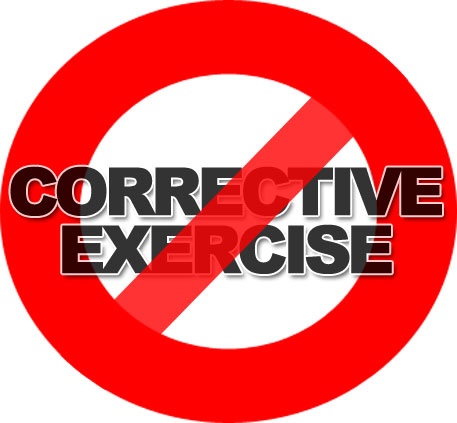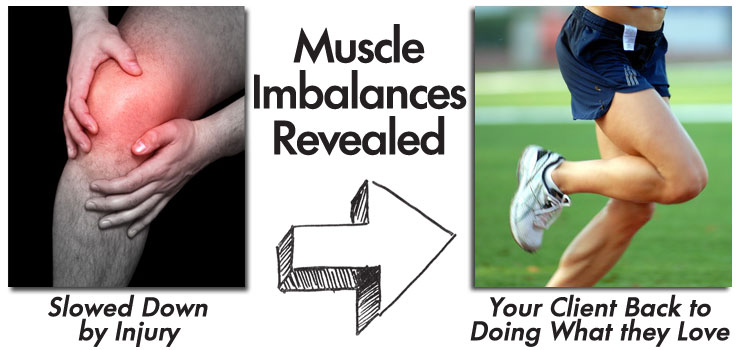Do You Have this Problem with Your Clients?
(It is a long ways from my computer to your computer. It may take 10 seconds for the video to start playing.)
What is the Problem with You or Your Clients?
As a fellow fitness professional, I know often times we focus on strength, flexibility and cardiovascular techniques with our clients in order to help them reach their goals.
I had done this as well but what I was noticing was I was not getting the results my clients wanted.

Therefore I headed back to school to get my Masters Degree in Exercise Science with a focus on corrective exercise and therapeutic exercise.
I hoped this additional education and learning would be the missing piece to getting the results my clients were looking for.
Even after all this learning and money, I was getting better results but still I was not fully helping my clients overcoming injuries, busting through fitness plateaus and staying injury-free.
I began to search and research to see what I was missing from my toolbox when it came to getting the fastest and best results for my client.
The missing piece to my exercise toolbox was muscle imbalances.

I am not just talking about stretching what was tight, strengthening what is weak or just doing some corrective exercise.
Muscle imbalances are much more complicated than that.

I Discovered No One Person or Profession Can Do it All
As I was searching out experts in the area, I discovered no one person or profession has all the answers when it comes to muscle imbalances.
It is important to get a wide variety of perspectives when it comes to muscle imbalances.
The best professions to help understand muscle imbalances are physical therapists, strength coaches, corrective exercise specialists, massage therapists, kinesiologists, post rehab specialists and personal trainers.
With so many professions with knowledge, training and experience when it comes to muscle imbalances it is important to get a number of experts to share their knowledge, experience, exercises and tips & trick when it comes to muscular imbalances.
Learning from a variety of professions and people has helped me better understand muscle imbalances.
Rick Kaselj, MS

.




